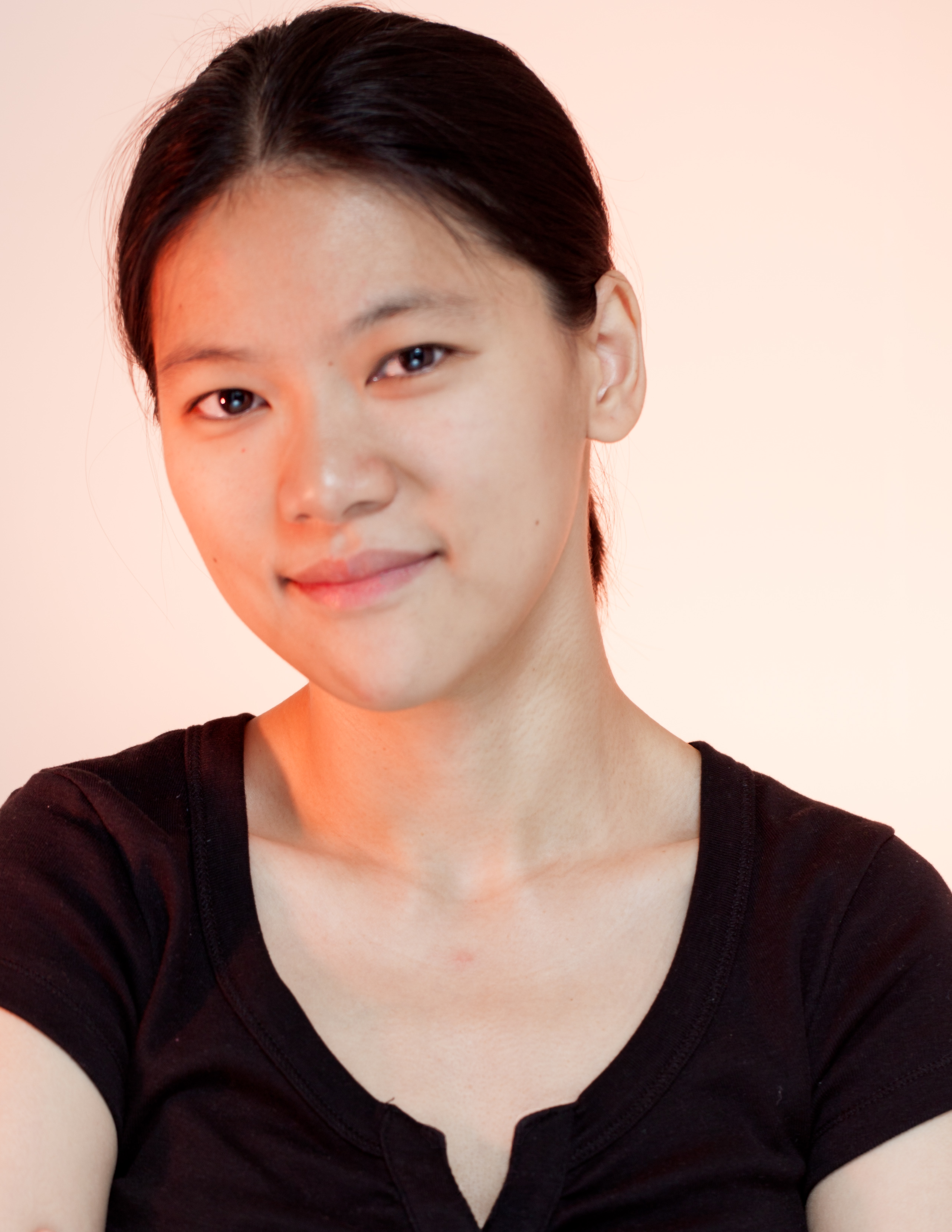Filtered By: Scitech
SciTech
Filipina scientist: ‘You're lucky to be Pinay’
By KIM LUCES, GMA News
 Women in the technology industry seemed to have celebrated "in a good light" the International Women's Day on Saturday in Manila.
Women in the technology industry seemed to have celebrated "in a good light" the International Women's Day on Saturday in Manila.While there are no data supporting the claim that gender isn't really an issue in the tech and science industries in the Philippines, a balikbayan scientist said the assertion might actually be true.
Reinabelle Reyes, a Filipina astrophysicist, said this on Saturday at a Google Developer's Group event dubbed "Women Techmakers: Manila," in which she was one of the speakers.
Reyes, who studied at Princeton University, said the Philippines is unique in a sense that culturally, Filipinos have no problems with women in leadership positions, whether in technology, science, education, or politics.
"Ibang-iba yung being a woman scientist (or anything for that matter), in the US or in Europe than here. We don't have these problems that they have. It's actually one reason also why I came back," she said.
"Personally, I feel less a part of a minority here than when I was in the United States, and that matters a lot," she added.
Reyes also cited the Global Gender Gap Report where the Philippines ranked fifth worldwide.
The Philippines was the highest-ranking country from Asia that made the top 10 in the survey, which measures four critical areas of inequality between men and women: economic participation and opportunity, educational attainment, health and survival, and political empowerment.
“The Philippines is the only country in Asia and the Pacific that has fully closed the gender gap in both education and health,” the report said.
"You're lucky to be a Filipina," Reyes told her audience. "The western context and point-of-view is not necessarily the same with the Philippine context and point of view. In many ways they are similar, but in others, they are different. For this particular (subject, our context is) different in a good way."
There are problems that only women can relate to, and only women can best solve. That's why it's important to have women representatives in every sector, including science and technology.
"The only problems you can solve well are the problems that you have," Reyes said. "It's something you care about. Kung baga, 'pag natinik ka, it's there. You can't ignore it."
She said that another reason why she came back to the Philippines is that problems Filipinos have can only be solved in the Philippines. Foreigners, even with the best intentions, find it difficult to solve problems that Filipinos are experiencing because they don't share the same perspective or the same firsthand experience.
The same concept can be applied to women. "Because we are women, there are problems that we have that men don't know about," Reyes said.
Sometimes, women don't even realize the problems that other women have until they experience it, she added.
The minority in the Philippines, it seems, are scientists and technology experts in general. "The minority is not the women. It's scientists and technology (experts, in general). We need role models and support systems, not just for the women but for the men as well," she said.
There is hope for women worldwide who want to enter or advance in the tech industry.
After taking a diploma course in High Energy Physics in Italy, a doctorate degree in Astrophysical Sciences in Princeton University in the US, and a postdoctoral fellowship in the University of Chicago, Reyes is back in the Philippines working as a research scientist at the Manila Observatory.
In 2013, 60 percent of the roughly 60,000 IT jobs went to female candidates, said Gail Tan, Google Philippines' communications head.
This figure came from the Bureau of Labor Statistics in the United States.
"If you want to make things easier, change the world, then you can be in a tech company," said Gail Tan, Head of Communications of Google Philippines. — LBG/TJD, GMA News
More Videos
Most Popular




